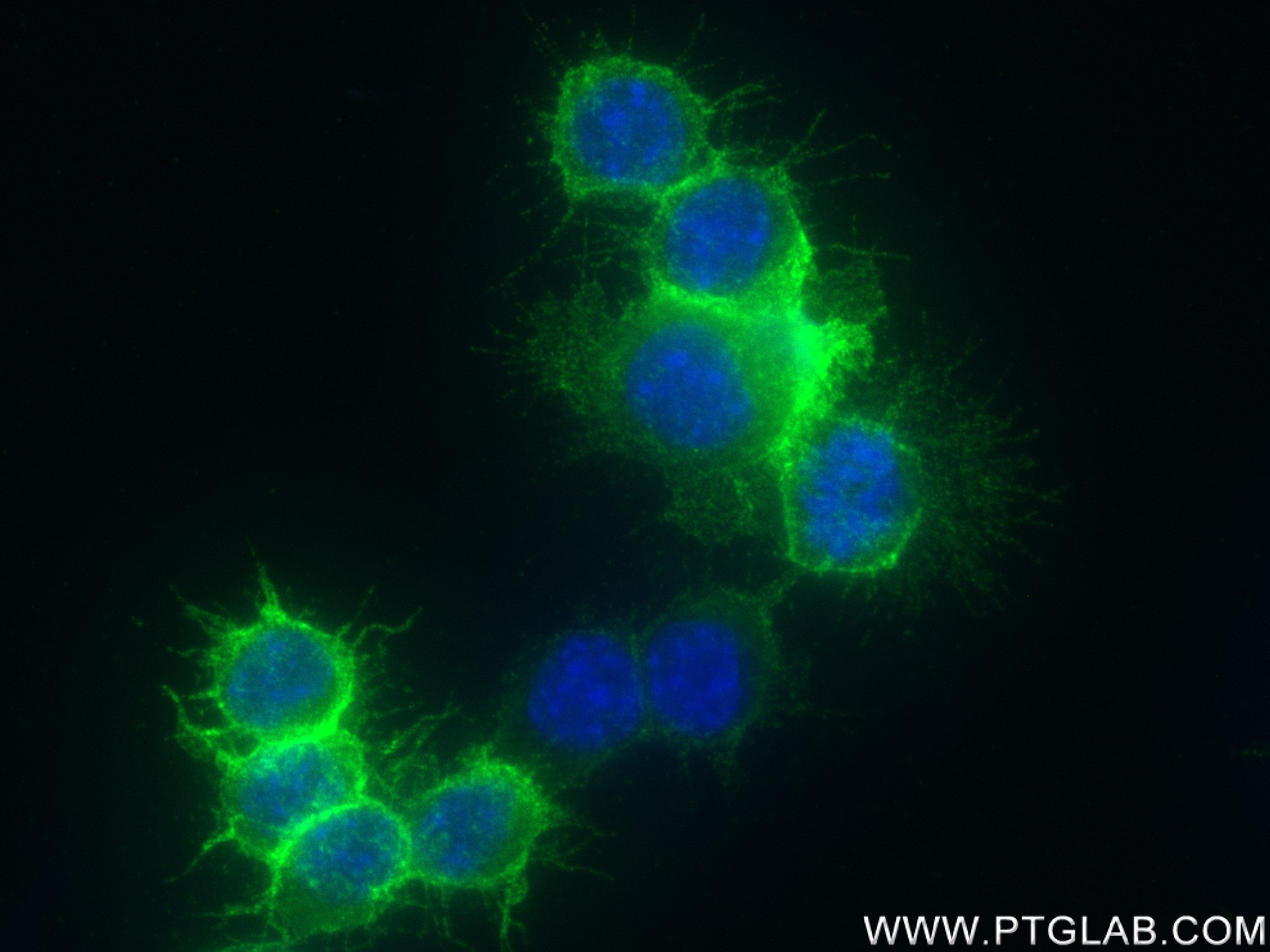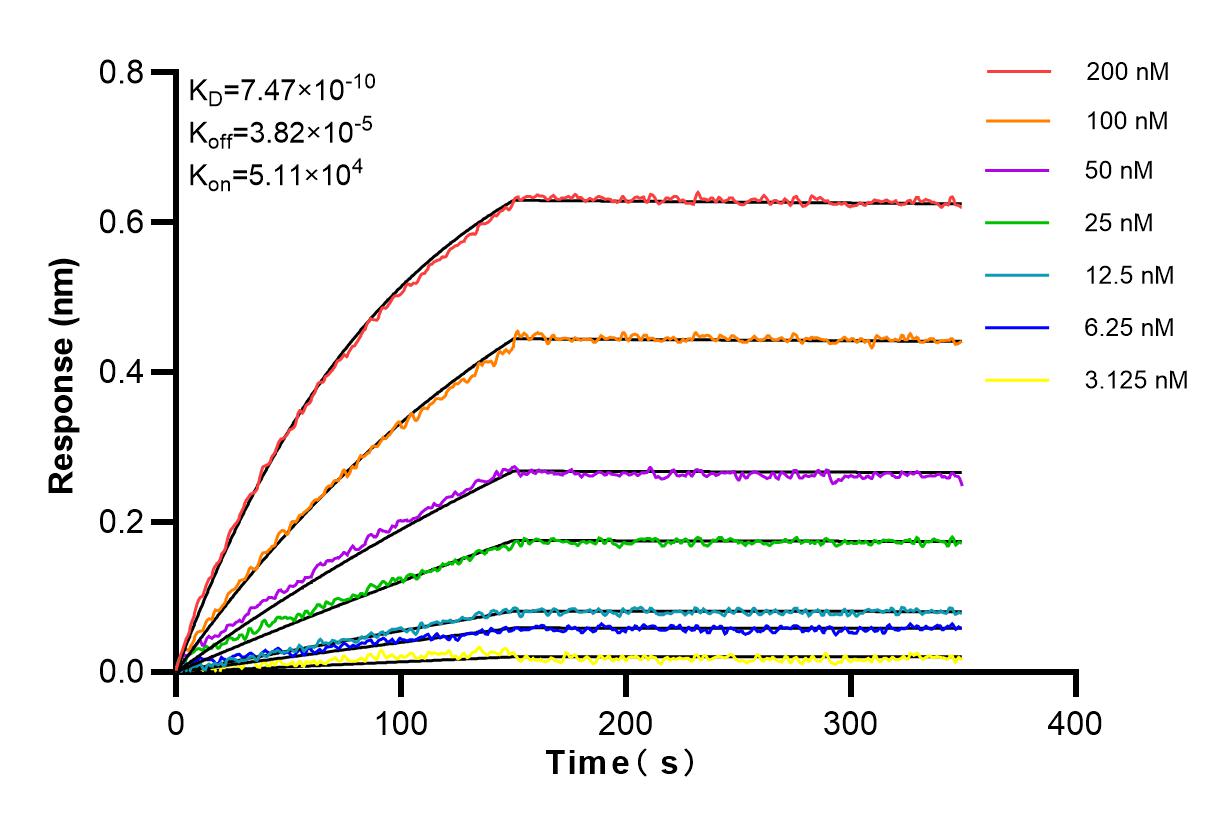CD86 Recombinant antibody
CD86 Uni-rAbTM Recombinant Antibody for IF/ICC, ELISA
Host / Isotype
Rabbit / IgG
Reactivity
Mouse
Applications
IF/ICC, ELISA
Conjugate
Unconjugated
CloneNo.
230476B2
验证数据展示
经过测试的应用
| Positive IF/ICC detected in | RAW 264.7 cells |
推荐稀释比
| Application | Dilution |
|---|---|
| Immunofluorescence (IF)/ICC | IF/ICC : 1:125-1:500 |
| It is recommended that this reagent should be titrated in each testing system to obtain optimal results. | |
| Sample-dependent, Check data in validation data gallery. | |
产品信息
83213-1-RR targets CD86 in IF/ICC, ELISA applications and shows reactivity with Mouse samples.
| Tested Applications | IF/ICC, ELISA Application Description |
| Tested Reactivity | Mouse |
| Immunogen | Recombinant protein 种属同源性预测 |
| Host / Isotype | Rabbit / IgG |
| Class | Recombinant |
| Type | Antibody |
| Full Name | CD86 antigen |
| Synonyms | B7-2, B70, B7.2, B7 2, B7 |
| Calculated Molecular Weight | 35 kDa |
| GenBank Accession Number | NM_019388 |
| Gene Symbol | Cd86 |
| Gene ID (NCBI) | 12524 |
| Conjugate | Unconjugated |
| Form | Liquid |
| Purification Method | Protein A purification |
| UNIPROT ID | P42082-1 |
| Storage Buffer | PBS with 0.02% sodium azide and 50% glycerol pH 7.3. |
| Storage Conditions | Store at -20°C. Stable for one year after shipment. Aliquoting is unnecessary for -20oC storage. |
背景介绍
CD86 (also known as B7.2) is a costimulatory molecule belonging to the immunoglobulin superfamily. Primarily expressed on antigen-presenting cells (APCs), including B cells, dendritic cells, and macrophages, CD86 is the ligand for two proteins at the cell surface of T cells, CD28 antigen and cytotoxic T-lymphocyte-associated protein 4. Binding of CD86 with CD28 antigen is a costimulatory signal for activation of the T-cell. Binding of CD86 with cytotoxic T-lymphocyte-associated protein 4 negatively regulates T-cell activation and diminishes the immune response.
实验方案
| Product Specific Protocols | |
|---|---|
| IF protocol for CD86 antibody 83213-1-RR | Download protocol |
| Standard Protocols | |
|---|---|
| Click here to view our Standard Protocols |


